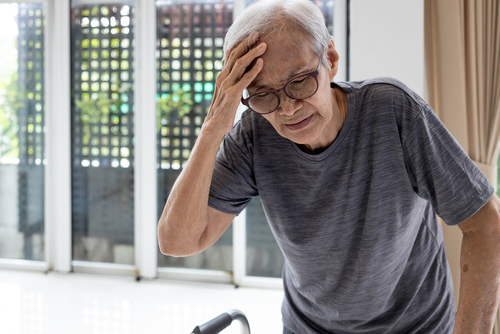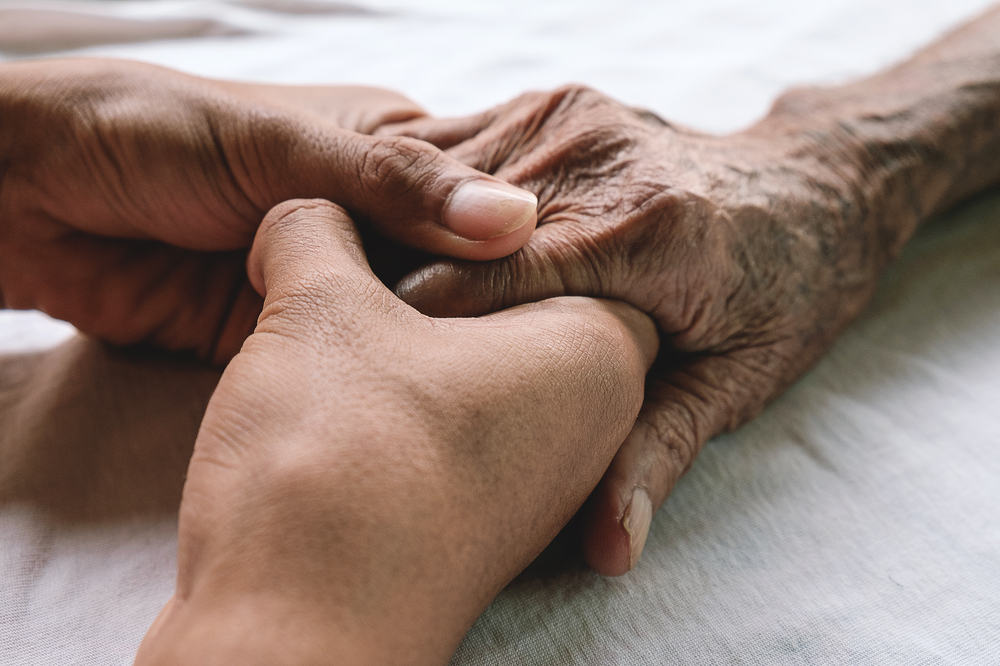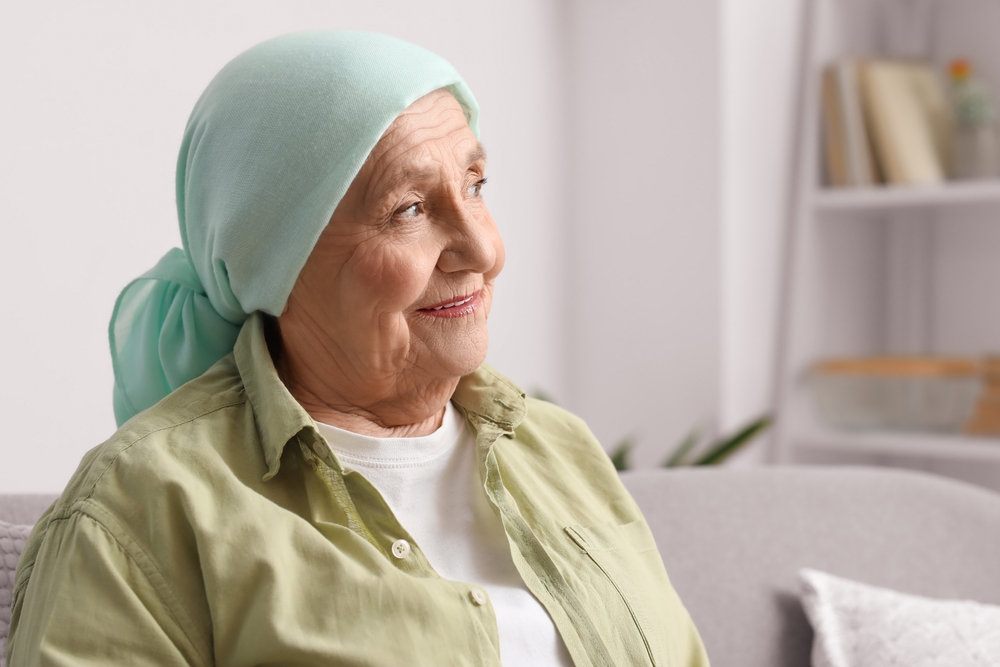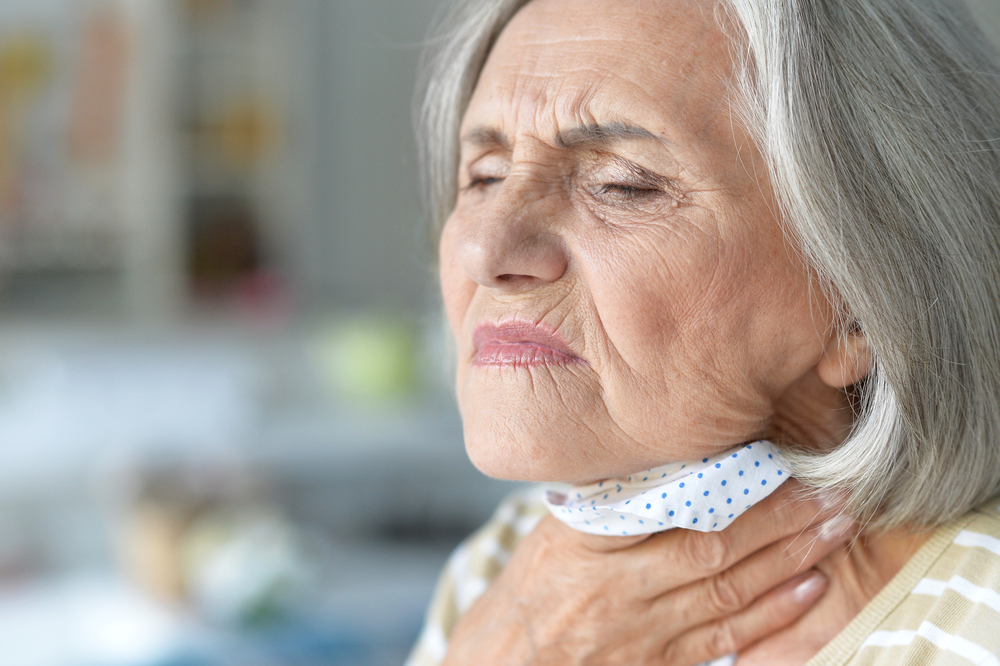Sudden Fainting: Causes of Syncope in Elderly Adults
Category:

Remember that friend in high school who fainted the day you typed your blood in biology class? Then you are already familiar with syncope. Syncope, or sudden fainting, can happen to anyone at any age. But there is a higher risk of sudden fainting in elderly adults due to their potential other health conditions and danger of serious injury when falling.
Causes of Syncope in Elderly Adults
Dizziness and fainting in elderly adults is caused by a drop in blood pressure and loss of blood flow to the brain. This is called vasovagal syncope and is the most common cause of syncope in elderly adults. For example, if you sit for a long period of time and stand up suddenly, most of your blood has settled to the lower half of your body. Your heart has to work a bit harder to keep the blood flowing up to your brain. This could cause a fainting spell in an elderly adult with a weak heart.
Some other causes of fainting in seniors related to vasovagal syncope include:
-
Seeing blood or having blood drawn
-
Standing for long periods of time
-
Heat exposure
-
Anxiety/Intense Emotional Distress or Fear of bodily injury
-
Dehydration
Symptoms of Syncope
Knowing what causes syncope in the elderly can help you be aware of your surroundings and avoid triggers that could lead to fainting. But since that is not always possible, it is important to be aware of signs that alert you that you may be about to pass out. These signs include:
-
Feeling dizzy or lightheaded
-
Tunnel vision
-
Nausea
-
Blurred vision
-
A cold, clammy sweat
If you notice any of these symptoms and are prone to fainting, lie down with your legs elevated above your head to encourage blood flow to your brain. If you can’t lay down, sit with your head between your knees until the feelings pass. While syncope itself is generally harmless, the danger lies in what is going on around you when you faint. For example, you don’t want to hit your head as you fall or have a fainting spell at the top of the stairs.
There is no true syncope treatment for elderly adults – more symptom management, as mentioned above. Your doctor may run some tests to see if the fainting spells are an indicator of a more serious cardiovascular condition such as cardiomyopathy. It is most important to be aware of the condition and notice if an episode is approaching so you can stay safe.
Subscribe
Date: November 25, 2021
Category:


